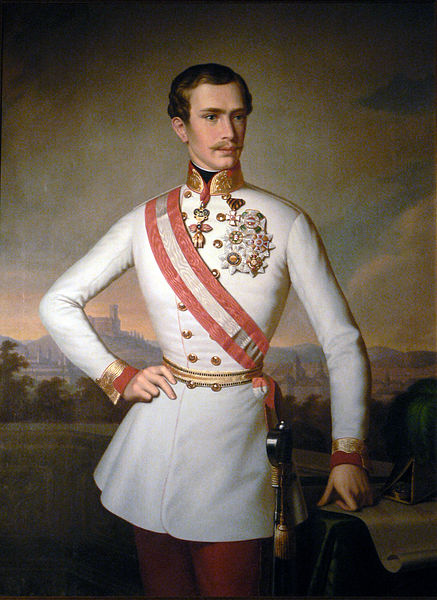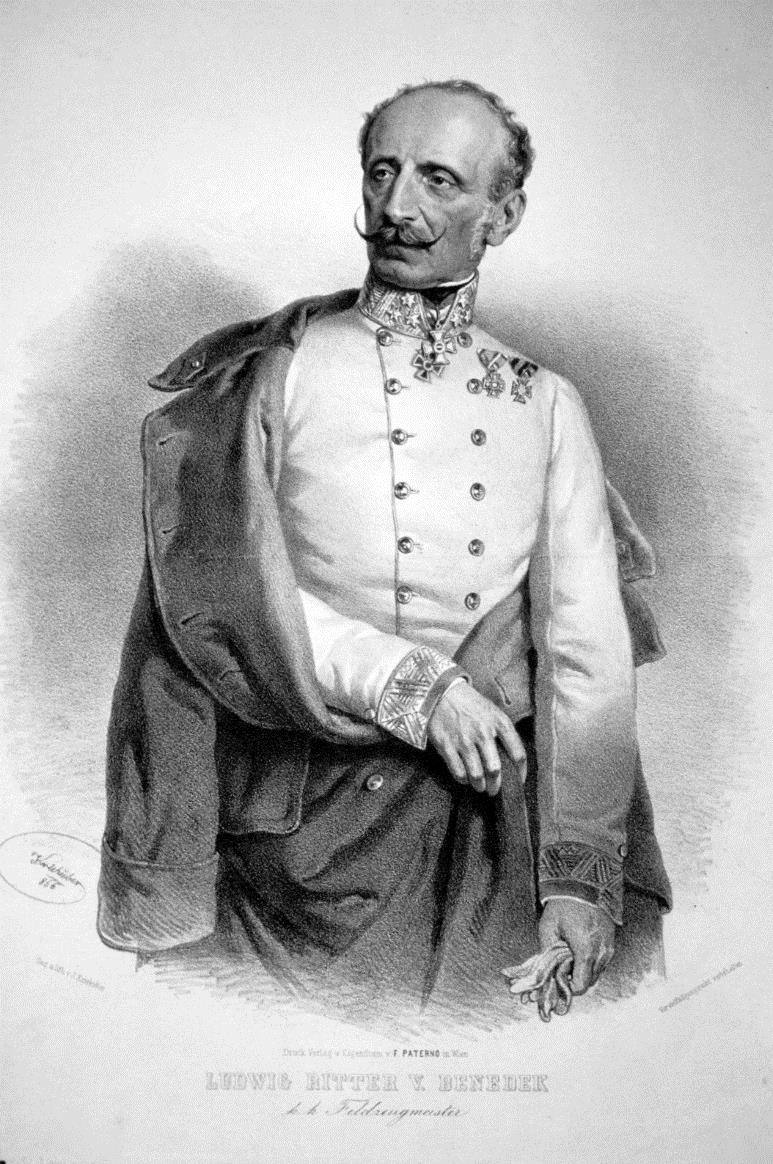The Battle of Koniggratz
July 3, 1866
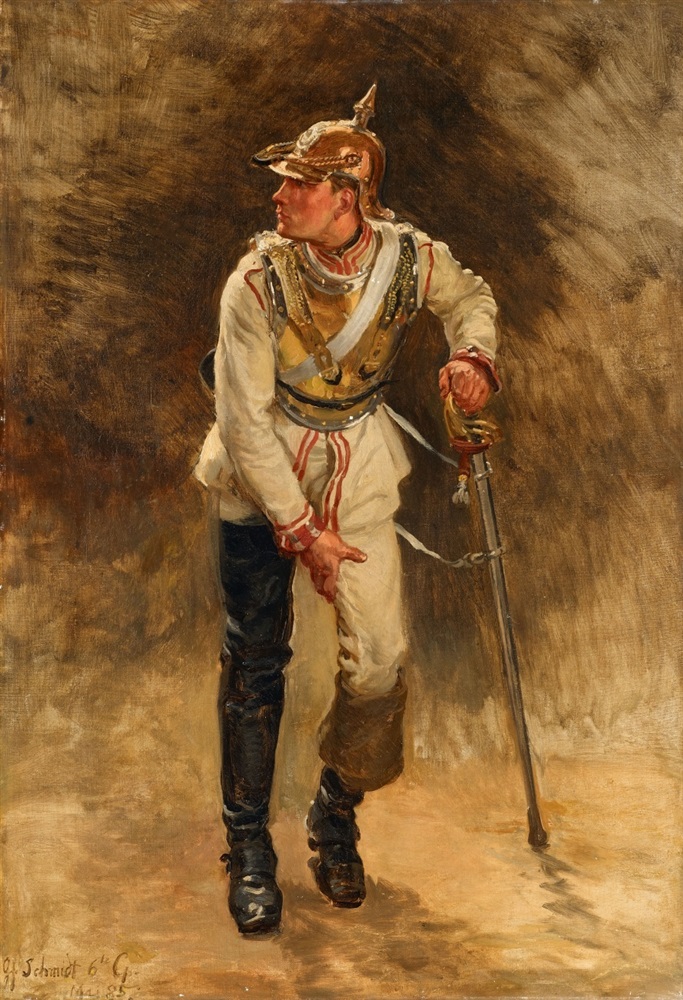
Our third podcast in this series explores the battle of Koniggratz fought in the middle of the 19th century in Europe between the forces of Austria and Saxony on one side and Prussia on the other. The battle itself was the culmination of a brilliant campaign against great odds by perhaps the foremost military genius of his time, Helmuth von Moltke. The legacy of Koniggratz was the emergence of the kingdom of Prussia as the dominant state in German Europe that would lead to a united Germany five years later under Prussian leadership.
Yet this battle in its own right is one of the most interesting in modern military history. At the outset of the war, daringly begun by Prussia with the occupation and annexation of the duchy of Holstein, virtually all of the German states within the German Confederation declared war on Prussia, backed by the mighty Austrian Empire. Not only was Prussia out-numbered, but her enemies were arrayed in an arc of hostility from the Rhine to Bohemia.
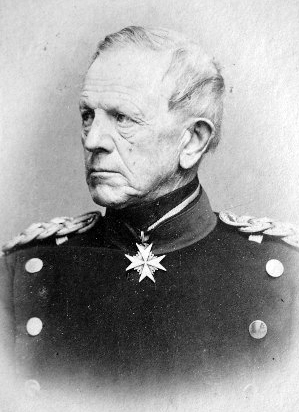
Her naked aggression and ambition won Prussia few friends or admirers outside Germany either. The French Emperor, who had himself engaged in a brief war with Austria in 1859, openly supported Austria and her allies in the war and his threat to intervene after the battle of Koniggratz was a major reason why Prussia concluded a quick and fairly generous peace treaty with Austria. Prussia, now backed by the same German states it had subjugated, would go to war with France in 1870 completing the unification of Germany that was begun at Koniggratz.
If ever there was a battle that was won by pure generalship, Koniggratz would arguably be at the top of the list. Incompetence in its military leaders was the hallmark of Kaiser Franz Joseph's regime at its mid-point when the emperor was 36 years old. Ably served at the outset of his reign by a group of experienced generals, topped by the great Radetzky, the Austrian military command had sunk to mediocrity in large measure due to the inability of the emperor to discern real military talent.
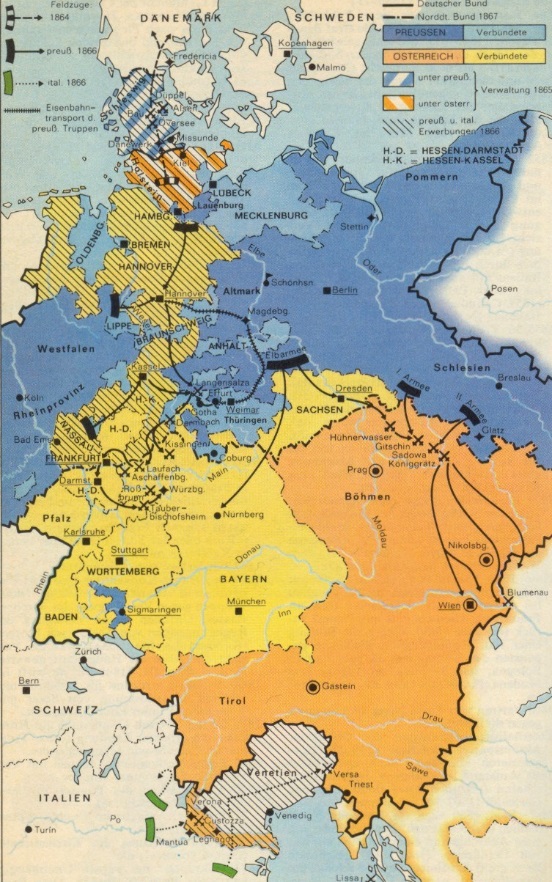
As a result, with the fate of central Europe and his own sprawling empire at stake, Franz Joseph gave command of the field army facing Prussia to Field Marshal Ludwig Benedek. Benedek's shortcomings as a field general might have proved fatal anyway, despite all of the advantages Austria had at the outset of the campaign, but compared to Prussia's von Moltke, the field marshal appears in history as a consummate bumbler. Sadly, the result of his incompetence was a vast slaughter and rout of a proud army and a change in the course of history.
This podcast will explore how the Prussian David managed to defeat the Austrian Goliath in an epic campaign fought only three years to the day after the great American battle of Gettysburg, which we will cover in a later podcast. Both battles had immense consequences to the continents of Europe and North America and we will explore their respective legacies in this series, beginning with the battle of Koniggratz.
